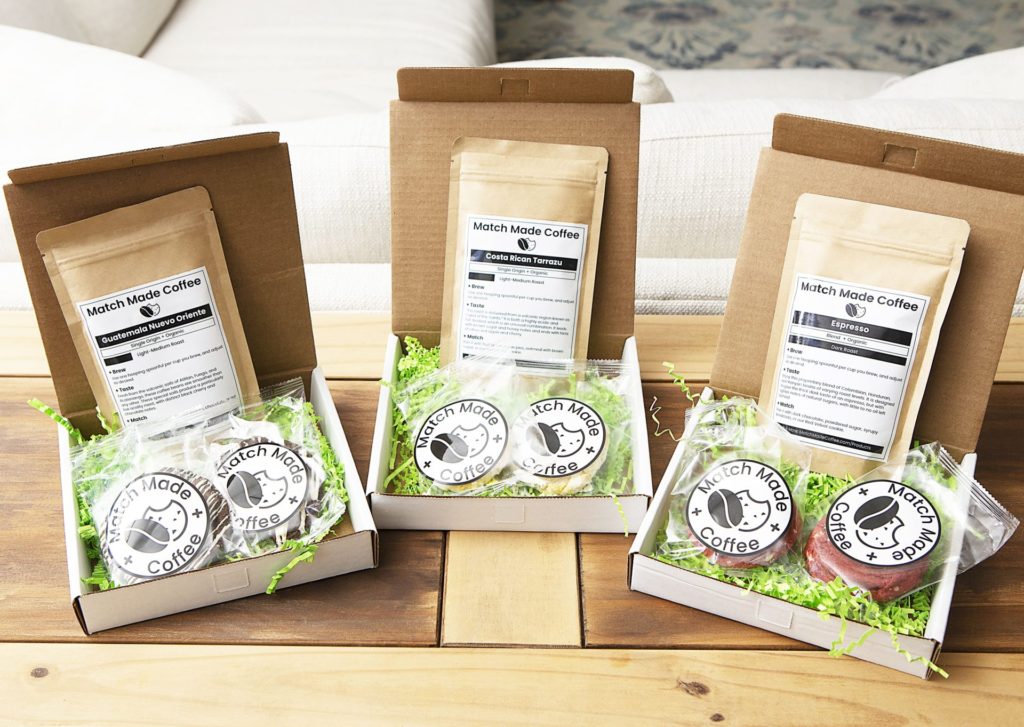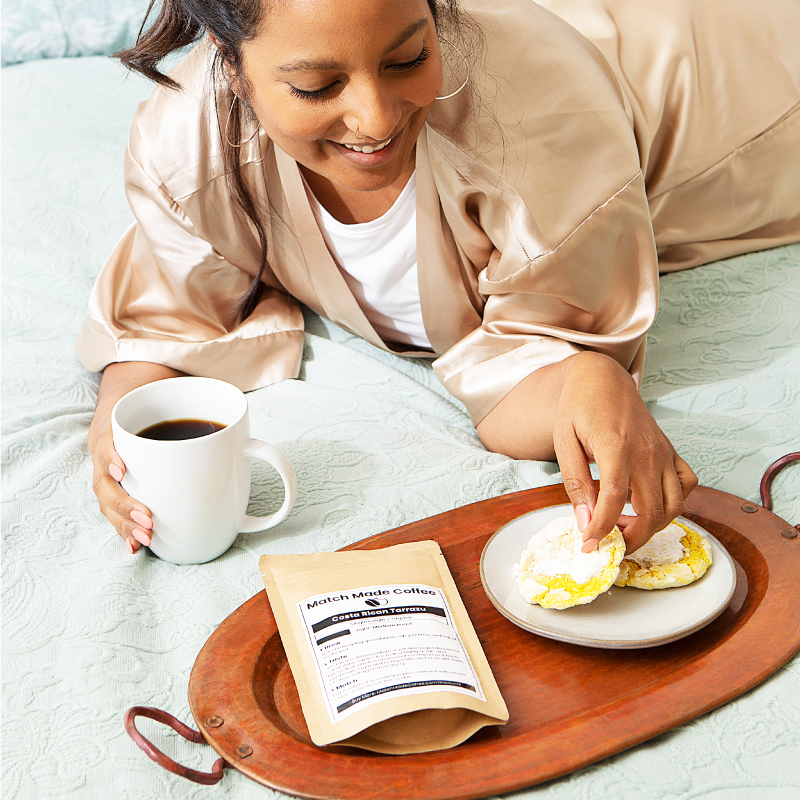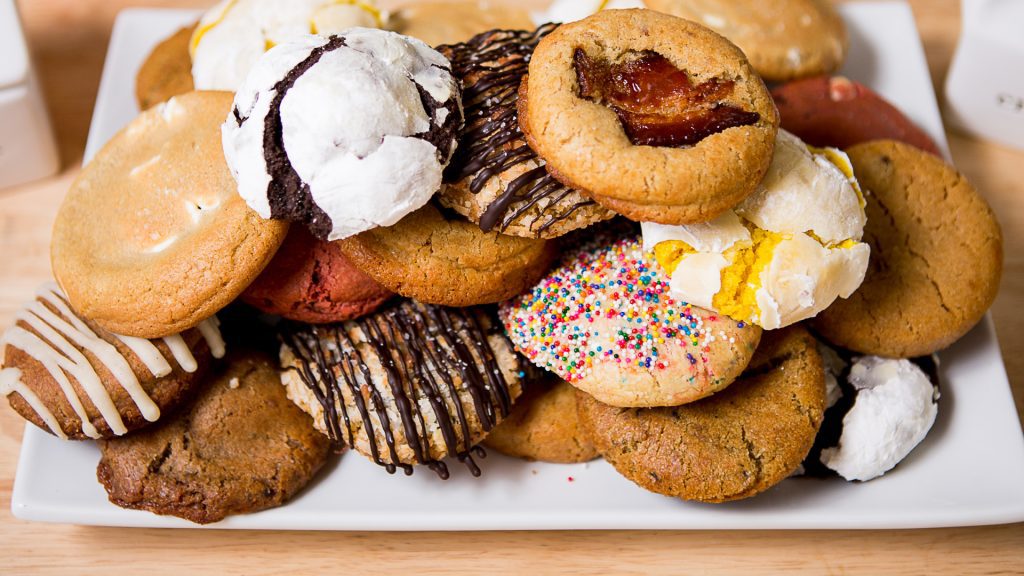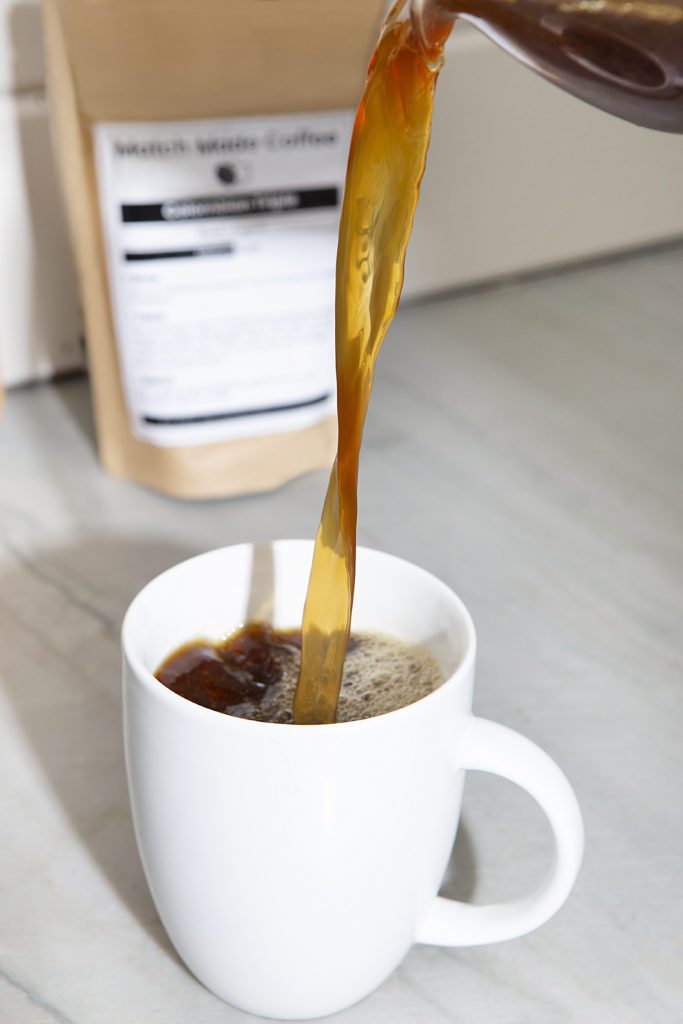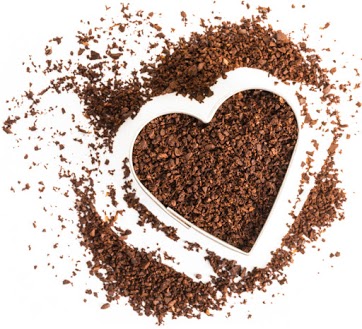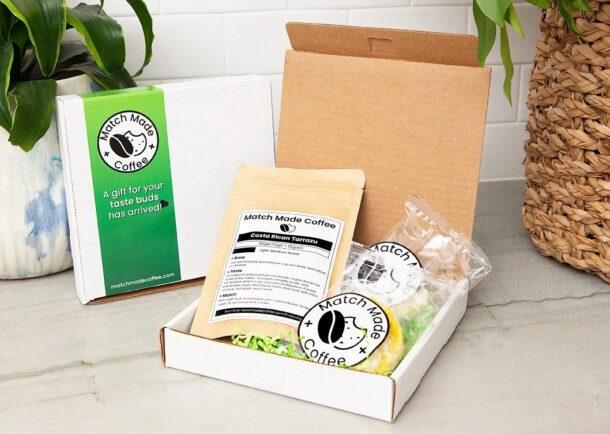
Most people know that taste and smell are closely aligned. And, many people talk about how to properly taste food (us included here), and vaguely give tips about smelling.
Those tips for smelling your food before eating it generally just revolve around actually doing it and being conscious of it. But how can you enhance that experience even further?
Well, there are a few ways:
Humidify your air.
Smells travel better and come across stronger in humid air, as compared to dry air. If you had a completely dry mouth your sense of taste would be very diminished- same thing goes for your nose.
This doesn’t mean go pouring water down your nose or anything. Just stay hydrated and have a healthy amount of humidity (having a humidifier around is ideal).
Minimize your exposure to overly strong smells.
When you’re around nail polish, chemicals, sewage, or other overly potent smells, it really wipes out your noses ability to pick up nuances.
If you’ve ever had the experience of wine tasting, or trying a flight of craft beers, you understand this to a greater degree than most. Simply having the darker or the stronger flavors before the lighter ones makes a world of a difference in how you perceive it.
Again, the same thing goes for smelling. But with smelling we have to be extra careful. We can control what we put in our mouths, but we cannot control what we breathe in. And there are lots of harsh and strong things we could be breathing in.
So, if you are routinely around harsh or strong smells, consider wearing a mask. This will not only protect your nose, but will protect your overall well being.
Chew slowly and thoroughly.
This one might be weird to you guys. “What does chewing have to do with smell?” Well, when paired with tastes, it has a lot to do with it.
And, we mean this even for drinks. Whether drinking coffee or wine or anything else, chew it before you drink it. This helps you not only get the flavor all over your mouth, but it is a type of body hack to get your brain overly engage in its taste and olfactory systems.
And when you chew slowly and thoroughly (we’re talking 50-100 chews per swallow here) it does a couple things.
First, when you are deliberate with your slow and thorough chewing, the aromas are traveling around inside your mouth. When these air-based aromas are traveling around, they go down your throat and start to go back up into your nasal passage.
This is amazing if you have the food or drink in front of you still. This means you have the aromas flying in from the front and the back of your nasal cavity. You get to engage more of your olfactory receptors.
This just means that more of the cells in your nose that smell get to smell at the same time.
Also, it gets extra saliva in there, and remember that moisture is good. Plus, as a bonus, this helps in digestion, and also ensures that you get every last bit of smell and taste from your foods and drinks.
Exhale as you swallow.
It is a natural tendency for lots of us to hold our breaths as we swallow. We do this so that food does not go down the wrong pipe.
Well, we can exhale and still not worry about choking, but get the extra benefit of an enhanced smell and flavor experience.
This aids in distributing the aromas to your nasal cavity too, and can do it a little bit more directly when the food is closer.
Rotate foods and drinks.
If you are a part of our subscription service, you want to alternate between the coffees and the snacks.
Your brain has a lot to focus on. Because your brain has a lot to focus on, when it is exposed to one stimulus for too long, it ignores it.
This means that if you are eating or drinking the same thing for too long, it will ignore it.
It’s the same principle for why people have trouble knowing whether they stink or not. Or, why a person has no problem with smells while they are in the bathroom, but it becomes a major issue when you walk in the bathroom immediately following them.
This same principle works if you avoid salt and sugar for one week.
Most processed or unnatural foods or restaurant foods have excessive amounts of salt and sugar added to them.
This is for good reason, as our brains are wired to search for those flavors. This is because sodium is necessary, and sugar meant quick energy.
However, this is came about hundreds of thousands of years ago where food and drinks were scarce. They are no longer scarce for a large portion of humanity today. But, that does not stop food and beverage companies from trying to take advantage of your brain being wired that way.
If you avoid salt and sugar, this will help reset your ability to fully taste and smell things.
Raise the temperatures.
Higher temperatures help diffuse odors more effectively.
We have all had the experience of someone baking and filling the house with delicious smells. Or, of passing by a certain restaurant or part of town where they are cooking, and stopping dead in our tracks to take a big whiff.
But, this works for more than just foods. What’s the temperature of your coffee? Heated foods have faster moving molecules shooting out from it, and it’s those molecules that fill the room and find their way to your nose.
Don’t let the temperatures burn you though.
If it’s too hot, it’ll damage your cells. Burning our tongue is the most common experience, but just remember that smell and taste go together. When one is weak, you will not be able to appreciate the other as deeply.
Also, be aware that certain medications can ruin your sense of smell, as does smoking, or sickness in general.
We thank Readers Digest, Fine Dining Lovers, and the American Academy of Otolaryngology for helping by providing some info on this interesting topic.
Is there anything else that you guys do to really enjoy the smell of a good meal or to enjoy a good beverage? Let us know here or on Facebook. We’d love to hear your take on this, and whether you believe it is worth it or not.

